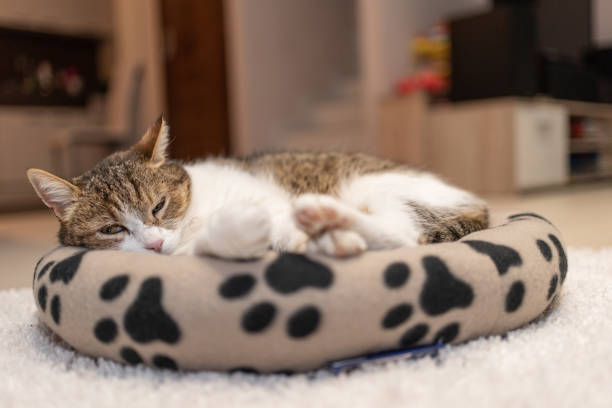Securing Your Household: Decreasing Health Risks from Cat Litter Boxes
Wiki Article

Feline owners are no complete strangers to the day-to-day chore of scooping out their furry good friend's litter box. It's a regular task that's typically neglected, yet crucial for keeping a clean and healthy environment for both felines and their human companions. Nevertheless, what numerous family pet owners may not understand is that there are concealed health risks related to the litter box that can position threats to both humans and felines alike. From respiratory concerns to parasitic infections, the litter box can harbor a variety of dangers that require cautious attention and management.
Among the most common health threats connected with the litter box is breathing problems. Cat litter, specifically clay-based varieties, can include great dust particles that become air-borne when disturbed during scooping or when cats dig in the litter. These dust particles can be inhaled by both felines and human beings, leading to respiratory inflammation and intensifying conditions such as asthma or allergic reactions. In many cases, extended direct exposure to litter dust can even cause more extreme respiratory issues in both felines and their owners.
To lessen breathing threats, it's necessary to choose low-dust or dust-free litter choices and to scoop the litter box in a well-ventilated area. Wearing a dust mask while cleaning the litter box can likewise assist reduce exposure to air-borne particles, especially for people with breathing sensitivities.
Another significant health threat related to the litter box is the capacity for parasitic infections, particularly from Toxoplasma gondii, a common parasite discovered in feline feces. While many healthy individuals may not experience signs if contaminated, pregnant females and people with weakened body immune systems are at higher Modern Litter Boxes risk of developing serious issues, including birth defects and neurological disorders.
To reduce the risk of parasitic infections, pregnant women must prevent cleaning up the litter box entirely and entrust this job to another family member. Additionally, all individuals ought to practice great health practices, including washing hands thoroughly after dealing with the litter box or entering contact with feline feces, to minimize the danger of transmission.
Many commercial feline litters contain chemicals and additives that can pose health threats to both felines and people. For example, some scented litters might consist of fragrances or important oils that can irritate delicate breathing systems or set off allergies. In addition, clumping litters typically include sodium bentonite, a clay product that can expand when consumed, causing gastrointestinal blockages if taken in by felines.
To reduce chemical exposure, select unscented or naturally-scented litters made from biodegradable products such as paper, wood, or plant-based options. These environmentally friendly options are not just much safer for your feline's health but also much better for the environment.
The litter box environment provides a perfect breeding ground for germs, including possibly hazardous pathogens such as E. coli and Salmonella. These bacteria can contaminate the litter box and surrounding locations, increasing the danger of infection for both cats and human beings. Cats can contract bacterial infections through direct contact with polluted litter or by ingesting feces during grooming, while human beings can become infected through contact with contaminated surface areas or improperly cleaned hands.
To reduce the danger of bacterial contamination, it's important to clean the litter box regularly cat litter box furniture using warm water and mild cleaning agent, as well as to decontaminate the surrounding area to avoid the spread of bacteria. In addition, practicing great hand health, consisting of washing hands completely after handling the litter box or entering into contact with cat feces, can help decrease the danger of bacterial transmission.
While the litter box might appear like a mundane aspect of feline ownership, it's vital to acknowledge the potential health threats connected with this apparently harmless component. From respiratory problems to parasitic infections and bacterial contamination, the litter box can harbor a range of risks that cat litter robot need careful attention and management. By taking proactive procedures to lessen exposure to these dangers, feline owners can develop a safer and healthier environment for both their feline buddies and themselves.